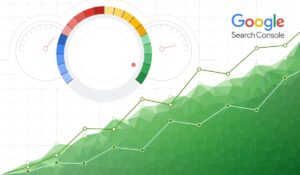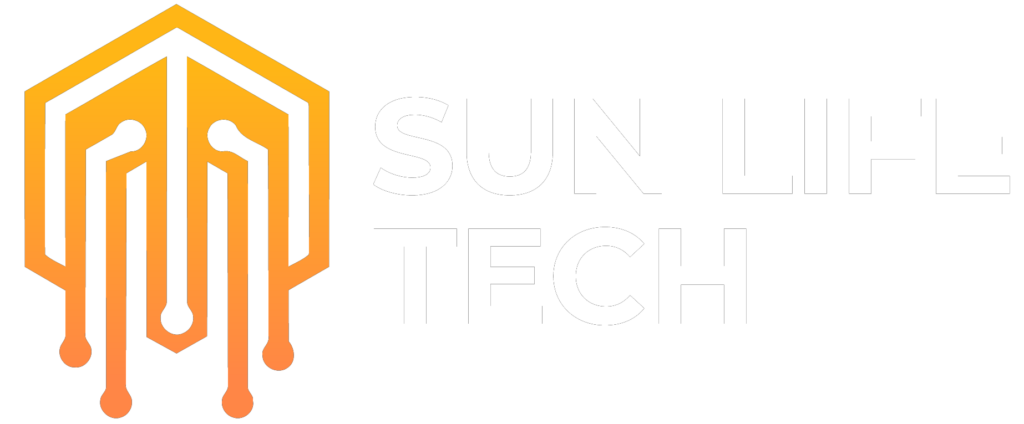Essential Table of Contents for Identifying Computer Security Issues
In today’s digital world, it’s more important than ever to be aware of the signs of a computer hack or virus infection. Hackers and malware creators are constantly developing new ways to exploit vulnerabilities in computers and steal personal information. If you think your computer may have been hacked or infected with a virus, there are a few things you can look for to confirm your suspicions.

Here are some of the most common signs of a hack or virus infection:
- You see strange pop-ups or ads on your computer. If you start seeing pop-ups or ads that you don’t remember clicking on, it’s a good sign that your computer may have been infected with malware. These pop-ups and ads are often used to trick users into clicking on them, which can lead to further infections or even identity theft.
- Your computer is running slowly or unexpectedly. If your computer suddenly starts running slower than usual, it could be a sign of a virus infection. Viruses can slow down your computer by taking up resources or by running malicious processes in the background.
- You are unable to access certain websites or programs. If you try to access a website or program and you get an error message, it’s possible that your computer has been infected with a virus that is blocking your access. Viruses can do this by changing your computer’s settings or by injecting malicious code into websites and programs.
- You receive emails from people you don’t know. If you start receiving emails from people you don’t know, it’s possible that your email address has been compromised. Hackers often use compromised email addresses to send spam or phishing emails. These emails can contain malicious links or attachments that can infect your computer with a virus.
- Your passwords are being changed without your knowledge. If you notice that your passwords are being changed without your knowledge, it’s a good sign that your computer has been hacked. Hackers can often gain access to your passwords by stealing them from your computer or by using social engineering techniques to trick you into giving them your passwords.
- You see unfamiliar files on your computer. If you see unfamiliar files on your computer, it’s possible that they are malicious files that were installed by a virus. Viruses often install malicious files on computers in order to steal data or to spread to other computers.
- Your computer is making strange noises. If your computer starts making strange noises, it could be a sign of a hardware problem or a virus infection. Viruses can sometimes cause hardware problems by overloading your computer’s resources or by damaging files on your hard drive.
If you see any of these signs, it’s important to take action immediately. You should run a virus scan on your computer and change your passwords. You should also contact your internet service provider (ISP) if you think your computer has been hacked.
Here are some tips to help you prevent being hacked or getting a virus:

- Keep your software up to date. Software updates often include security patches that can help to protect your computer from hackers and malware creators.
- Use strong passwords and don’t reuse them on multiple websites. Strong passwords are difficult to guess and crack. You should use a different password for each website and service that you use.
- Be careful about what websites you visit and what links you click on. Only visit websites that you trust and be careful about clicking on links in emails or on websites. Hackers often use links to spread malware or to steal personal information.
- Install a firewall and antivirus software. A firewall can help to protect your computer from unauthorized access and an antivirus program can help to detect and remove viruses and other malware.
- Be careful about opening attachments in emails from people you don’t know. Attachments in emails from people you don’t know are often infected with malware. You should never open attachments in emails from people you don’t know.
- Back up your data regularly. If your computer is infected with a virus, it can damage or delete your data. You should back up your data regularly so that you can restore it if your computer is infected.
By following these tips, you can help to protect your computer from being hacked or getting a virus.








